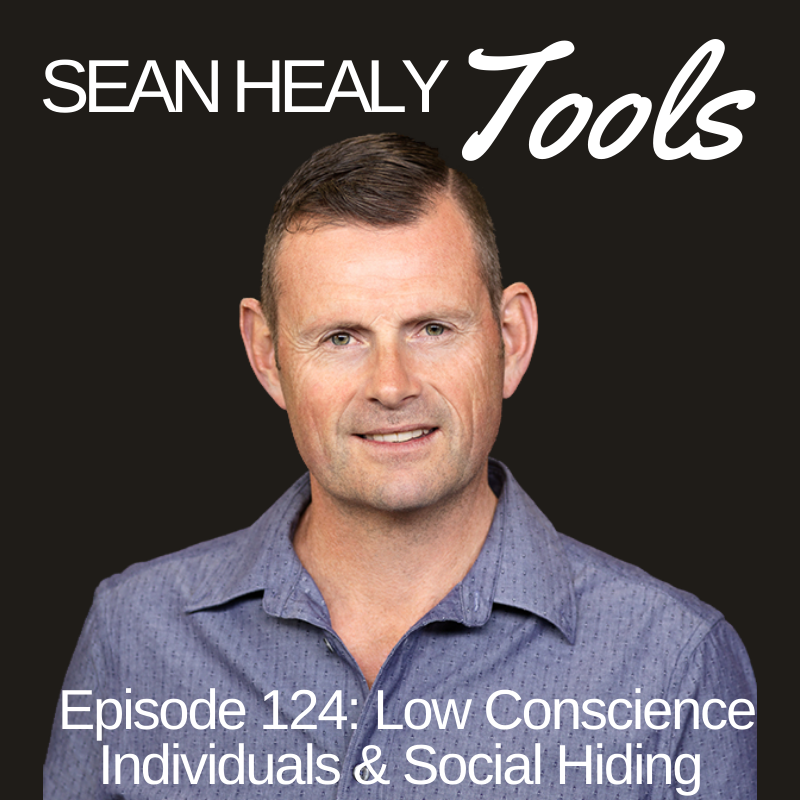Understanding the exploitation tactics of low conscience individuals
There is a small percentage of the population that are not influenced as much as the rest of us by guilt, shame, anxiety, behaviourally appropriate boundaries, remorse and excessive empathy.
Whilst they are small in number if you are unfortunate enough to find yourself entangled with them in a business or personal dynamic of significance then the damage can be great. Unlike in the movies where, as an audience member, it is made clear or clarity develops as to motives of exploitation of certain individuals, real life isn't that way.
Those that are seeking relationships of exploitation rely on a number of strategies to keep that hidden.
This episode looks at some of the ways in which these individuals exploit, strategise, misdirect and charm their ways into our lives and businesses sometimes with devastating consequences.






